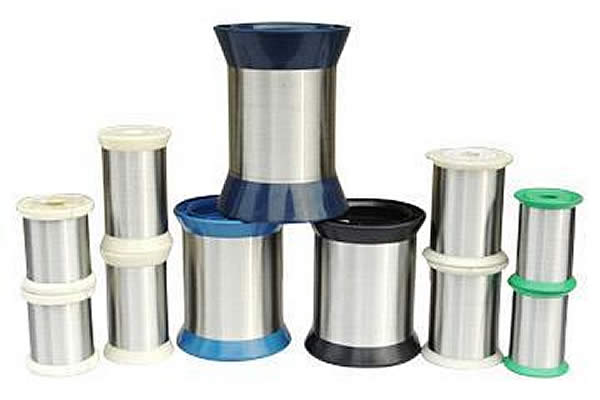 TEL:
+86-13102802206
TEL:
+86-13102802206
 Email:
fencenetting@china.com
Email:
fencenetting@china.com
 Language
Language
 TEL:
+86-13102802206
TEL:
+86-13102802206
 Email:
fencenetting@china.com
Email:
fencenetting@china.com
 Language
Language


The Cost of Fencing Barbed Wire An Overview
When it comes to fencing options for agricultural, residential, or commercial properties, barbed wire is a popular choice. Known for its durability and effectiveness in keeping livestock or intruders at bay, barbed wire fencing serves as both a physical barrier and a psychological deterrent. However, understanding the cost of fencing with barbed wire is crucial for making informed decisions about property management.
Factors Influencing Cost
The cost of barbed wire fencing can vary significantly based on several factors. Firstly, the type of barbed wire selected plays a critical role. Standard barbed wire typically comes in two-point or four-point configurations, with four-point wire being more expensive due to its added strength and effectiveness. Additionally, the gauge of the wire affects the price—heavier gauge wires, which are thicker and more durable, tend to cost more but offer increased longevity.
Secondly, gauge and length of the wire fencing also influence the overall cost. Barbed wire commonly comes in rolls that are 1,320 feet long, and the average price can range from $0.10 to $0.30 per foot, depending on the factors mentioned above. Hence, for an acre of fencing, the costs can accumulate considerably.
Installation Costs
The cost of materials is just one aspect of the overall expense. Installation is another significant cost factor that should not be overlooked. While some property owners may opt for a DIY approach to save money, fencing installation requires specific tools and techniques to ensure durability and effectiveness. Hiring a professional can lead to better results, with installation costs typically ranging from $1.50 to $3.00 per foot depending on the complexity and local labor rates.

Additional Considerations
Besides the direct costs of barbed wire and installation, there are additional considerations such as maintenance, permits, and land preparation. Regular maintenance is crucial for the longevity of any fencing system. Barbed wire can succumb to rust, wear, or damage from livestock, making periodic inspections and repairs necessary. Additionally, property owners may need permits depending on local regulations, which can add to the overall expense.
Benefits of Barbed Wire Fencing
Despite the associated costs, barbed wire fencing presents many advantages. Its low initial material expense, combined with minimal upkeep requirements, makes it a cost-effective long-term solution. Barbed wire is also versatile; it can be used in various settings, from farms to residential properties, and can effectively contain animals and deter trespassers.
Conclusion
In summary, while the cost of fencing with barbed wire can vary based on multiple factors—such as the type of wire, installation, and maintenance—its merits are undeniable. Property owners investing in barbed wire fencing should carefully evaluate their specific needs and budget to make informed decisions. Ultimately, the right fencing solution can provide security, peace of mind, and a sound return on investment in the long run. Whether you’re managing livestock or seeking to protect your property, barbed wire is a reliable choice that can serve your needs effectively.